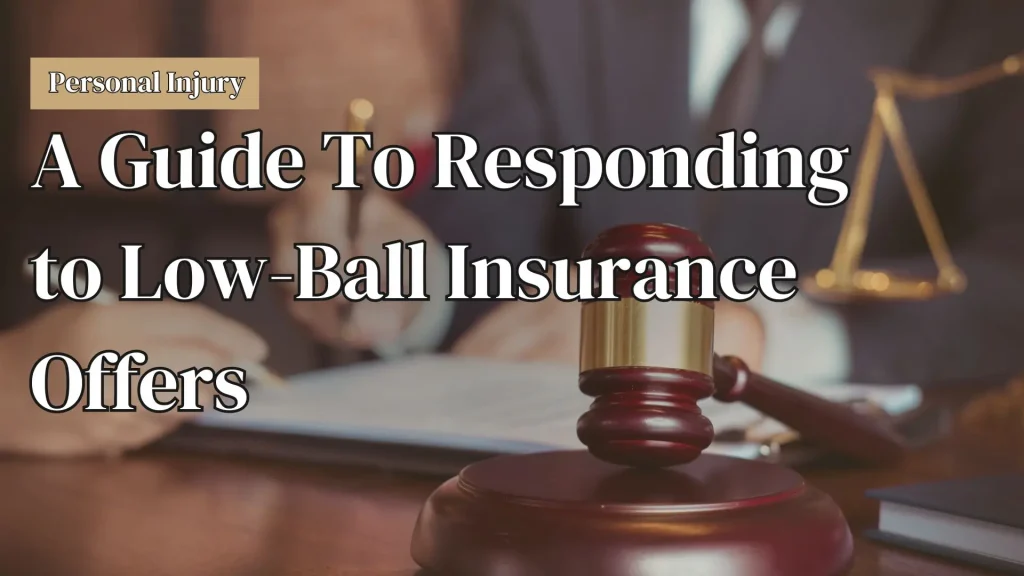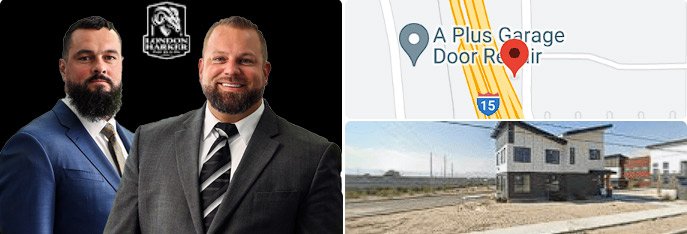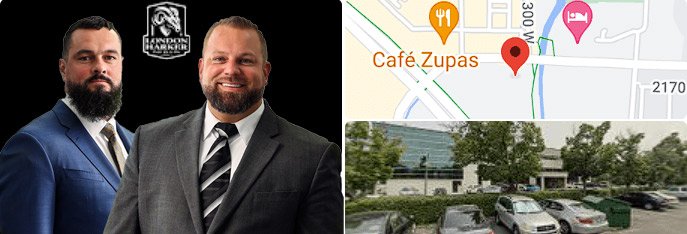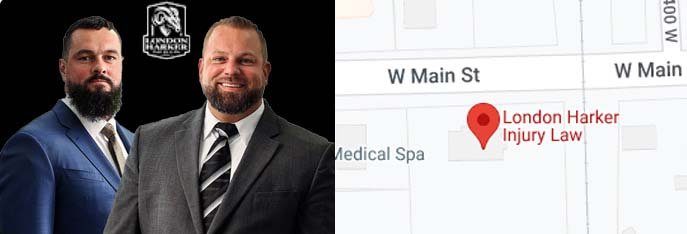Posted on Wednesday, July 3rd, 2024 at 9:00 am

An accident of any kind is a serious matter, and it’s worse if the accident injures you. But when you receive a lowball offer from an insurance company that doesn’t begin to cover your losses, it can feel like they are playing games. It’s a common tactic designed to test your resolve and potentially save them money by settling for less than your claim is worth. Understanding the mechanics behind these offers and equipping yourself with the right strategy helps you secure the compensation you deserve. How to respond to a low settlement offer? A seasoned Utah personal injury lawyer from London Harker Injury Law can explain how insurers think and can counter their lowball offer.
Unmasking the Tactics
A lowball offer is a settlement proposal that understates the true value of your claim. Making such an offer is a strategic move by insurance companies that hope you’ll reply to the settlement offer and accept a quick resolution, even if it means sacrificing fair compensation. These offers may disregard or downplay several critical factors: first, the full spectrum of medical expenses (including potential long-term care, rehabilitation, prescription costs, medical equipment, and ongoing pain management therapies); second, intangible losses such as pain, suffering, emotional distress, anxiety, depression; third, lost wages and diminished earning capacity; and, finally, property damage repair or replacement costs.
What to Do When Faced with a Lowball Offer
How to respond to a low settlement offer? Remember that you have the power to say no. Don’t feel pressured to accept an offer that doesn’t adequately cover your damages. First, talk to your personal injury lawyer about the offer and what a fair offer would be. Then, your lawyer should keep negotiating to reach a fairer amount.
Several scenarios may unfold when you reject a lowball settlement:
- A Slightly Improved Offer: The adjuster might try to sweeten the deal with a higher offer, but it might still be far from what you deserve.
- Request for More Evidence: The adjuster might ask for additional documentation to support your claim for higher compensation.
- Communication Breakdown: The adjuster might become unresponsive, hoping you’ll eventually give in and accept their low offer out of frustration.
- Blame-Shifting: The insurance company might attempt to shift blame onto you, arguing that the accident was partially your fault or that your injuries are less severe than claimed.
Taking Action: A Step-by-Step Guide
If you receive a low settlement offer, it’s natural to feel frustrated. This is the beginning of a settlement negotiation, not the end, even if the adjuster tells you this is the most money they can offer. So how do you respond to the low settlement offer?
Gather all documentation relevant to your claim. This includes doctors’ treatment notes, diagnostic test results, treatment plans, prescriptions, medical bills, proof of lost wages, and receipts for out-of-pocket expenses. Also, collect photos or videos of your injuries, any property damage, and the accident scene.
Give this information to your lawyer. They will use all this material to assess the true value of your claim. Your lawyer should have extensive experience with similar cases. They’ll know whether they need additional input from medical experts or accident reconstructionists. They’ll also know how to calculate the fair and just settlement value for your case.
Send a Comprehensive Demand Letter
If the adjuster made their lowball offer before your lawyer sent the insurer a demand letter, the next step is to make an official demand for the compensation you deserve. A demand letter serves as a formal request for a specific settlement amount. It will thoroughly outline your injuries and losses and the accident’s effects on your life. By presenting a well-organized, fact-based demand letter, your lawyer establishes a strong foundation for negotiations. This increases the chances of securing a fair settlement.
The demand letter will include evidence that substantiates your claims and demonstrates the validity of the compensation demanded.
Your attorney will take on any subsequent negotiations. Before the negotiation session, you and your lawyer will discuss the bottom line number for an acceptable settlement amount and which parts of your compensation you are willing to compromise on.
Negotiate
Your lawyer will handle this part. They know how to respond to a low settlement offer. Bear in mind that the insurance company will have lawyers working on the case. Any negotiations will likely be with them. Some tactics they can use include the following:
- Active Listening and Empathy: Your attorney will seek to understand the other side’s perspective but won’t let it alter their focus on obtaining a fair settlement for you.
- Persistence Pays Off: Your lawyer will continue to advocate for your rights and pursue a fair settlement, regardless of the number of times the insurer’s attorneys make unfair offers.
- Strategic Communication: Your lawyer’s negotiation skills will be useful when they are communicating the full impact of the accident on your life, both physically and emotionally.
- Leverage the Options: Your lawyer will use the idea of filing a lawsuit as leverage to try to get the insurer to make an appropriate offer.
Seek Professional Help
 It’s crucial to anticipate these insurance company tactics and have a solid plan for navigating the negotiation process. An experienced personal injury lawyer can be your strongest ally. They can protect your rights, gather evidence, negotiate on your behalf, and, if necessary, take your case to court. You’re not alone in this. Get the best personal injury lawyer that you can. You’ll have a more successful outcome if you let a legal professional handle your case.
It’s crucial to anticipate these insurance company tactics and have a solid plan for navigating the negotiation process. An experienced personal injury lawyer can be your strongest ally. They can protect your rights, gather evidence, negotiate on your behalf, and, if necessary, take your case to court. You’re not alone in this. Get the best personal injury lawyer that you can. You’ll have a more successful outcome if you let a legal professional handle your case.
We Know How to Deal with Insurance Companies
Lowball insurance offers are a common hurdle in personal injury cases. They don’t have to define the outcome of your claim. By understanding the tactics used by insurance companies, gathering comprehensive evidence, and employing effective negotiation strategies, you can overcome this challenge and secure a settlement that truly reflects the value of your claim.
The Sandy, UT, personal injury attorneys at London Harker Injury Law, based in Sandy, are skilled negotiators with a deep understanding of insurance company tactics. We are well-versed in countering their attempts to undervalue our clients’ cases. When the negotiation process becomes overwhelming, it’s time to consult with a personal injury attorney.
Call London Harker Injury Law today at 77CARCRASH or contact us online to discuss your accident claim with our dedicated legal team. Our BYU Law graduate lawyers have successfully tried and negotiated million-dollar judgments for our clients.
We have the experience and dedication to help you receive the maximum compensation you deserve. Call now.



